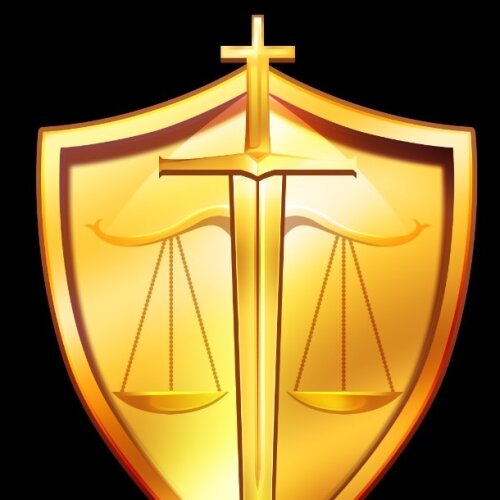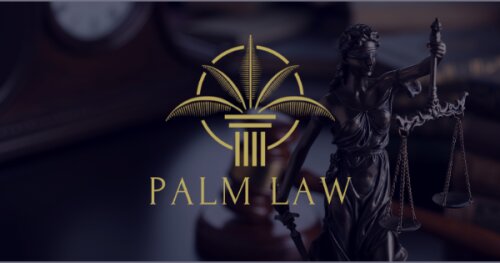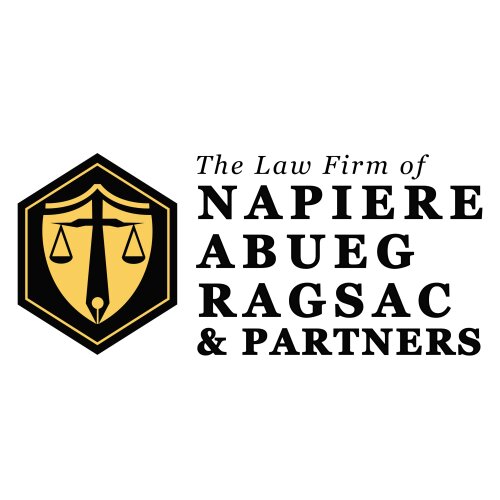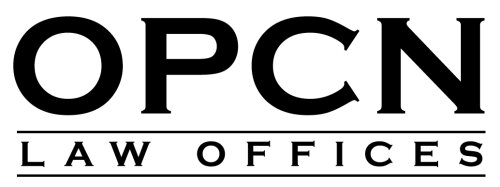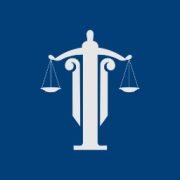Best Communications & Media Law Lawyers in Quezon City
Share your needs with us, get contacted by law firms.
Free. Takes 2 min.
List of the best lawyers in Quezon City, Philippines
About Communications & Media Law in Quezon City, Philippines
Communications & Media Law in Quezon City, Philippines refers to the legal framework that governs the practices, regulations, and rights related to various forms of media, including advertising, journalism, broadcasting, telecommunications, and digital platforms. These laws aim to protect the rights of individuals, uphold the freedom of expression, regulate media practices, and provide legal remedies in case of any violations.
Why You May Need a Lawyer
There are several situations where you may require legal help in Communications & Media Law, such as:
- Defamation or libel claims
- Copyright infringement issues
- Privacy and data protection concerns
- Regulatory compliance for media-related businesses
- Contract disputes in the media industry
- Protection of intellectual property rights
Local Laws Overview
Key aspects of local laws relevant to Communications & Media Law in Quezon City, Philippines include the following:
- Republic Act No. 10173 (Data Privacy Act of 2012) - This law governs the collection, processing, and protection of personal data in relation to any information and communications system.
- Republic Act No. 8293 (Intellectual Property Code of the Philippines) - This law protects intellectual property rights, including copyrights, trademarks, and patents, to encourage creativity and innovation in the media industry.
- Republic Act No. 10175 (Cybercrime Prevention Act of 2012) - This law addresses offenses committed through the internet, such as cybersex, identity theft, hacking, and online libel.
Frequently Asked Questions
Q: Can I be held liable for sharing someone else's content on social media?
A: Yes, sharing someone else's content without their permission may infringe their copyright. It is important to obtain proper consent or ensure that the content is not protected by copyright before sharing it.
Q: What should I do if I receive a defamation notice from someone claiming I defamed them online?
A: It is advisable to seek legal advice immediately. Defamation cases can have serious consequences. An attorney can guide you on the appropriate response and help protect your rights.
Q: Are there restrictions on what can be broadcasted on television or radio in Quezon City?
A: Yes, the National Telecommunications Commission (NTC) regulates broadcast content and enforces standards on decency, morality, and accuracy. It is important to comply with these regulations to avoid legal issues.
Q: How can I protect my company's intellectual property rights in the media industry?
A: To protect your intellectual property rights, it is recommended to register your trademarks, copyrights, or patents with the Intellectual Property Office of the Philippines (IPOPHL). An attorney can guide you through the registration process and assist in enforcing your rights if necessary.
Q: What rights do individuals have regarding their personal data in Quezon City?
A: Individuals have the right to know what personal data is collected about them, how it is being used, and the right to request correction or deletion of inaccurate or unlawfully obtained data. The Data Privacy Act provides mechanisms to protect these rights.
Additional Resources
If you need further information or legal advice regarding Communications & Media Law in Quezon City, Philippines, consider consulting the following resources:
- The Integrated Bar of the Philippines (IBP) - The IBP can provide referrals to qualified lawyers specializing in Communications & Media Law.
- The National Telecommunications Commission (NTC) - The NTC regulates and provides guidelines on telecommunications and broadcast media in the Philippines.
- The Intellectual Property Office of the Philippines (IPOPHL) - The IPOPHL is responsible for the registration and protection of intellectual property rights in the country.
Next Steps
If you require legal assistance in Communications & Media Law, consider taking the following steps:
- Gather all relevant documents and evidence related to your case.
- Research and identify lawyers or firms specializing in Communications & Media Law in Quezon City.
- Arrange a consultation with a lawyer to discuss your case and seek legal advice.
- During the consultation, provide all necessary information and ask any questions you may have to understand your rights and legal options.
- If necessary, engage the services of a lawyer to represent and guide you through the legal process.
Lawzana helps you find the best lawyers and law firms in Quezon City through a curated and pre-screened list of qualified legal professionals. Our platform offers rankings and detailed profiles of attorneys and law firms, allowing you to compare based on practice areas, including Communications & Media Law, experience, and client feedback.
Each profile includes a description of the firm's areas of practice, client reviews, team members and partners, year of establishment, spoken languages, office locations, contact information, social media presence, and any published articles or resources. Most firms on our platform speak English and are experienced in both local and international legal matters.
Get a quote from top-rated law firms in Quezon City, Philippines — quickly, securely, and without unnecessary hassle.
Disclaimer:
The information provided on this page is for general informational purposes only and does not constitute legal advice. While we strive to ensure the accuracy and relevance of the content, legal information may change over time, and interpretations of the law can vary. You should always consult with a qualified legal professional for advice specific to your situation.
We disclaim all liability for actions taken or not taken based on the content of this page. If you believe any information is incorrect or outdated, please contact us, and we will review and update it where appropriate.




